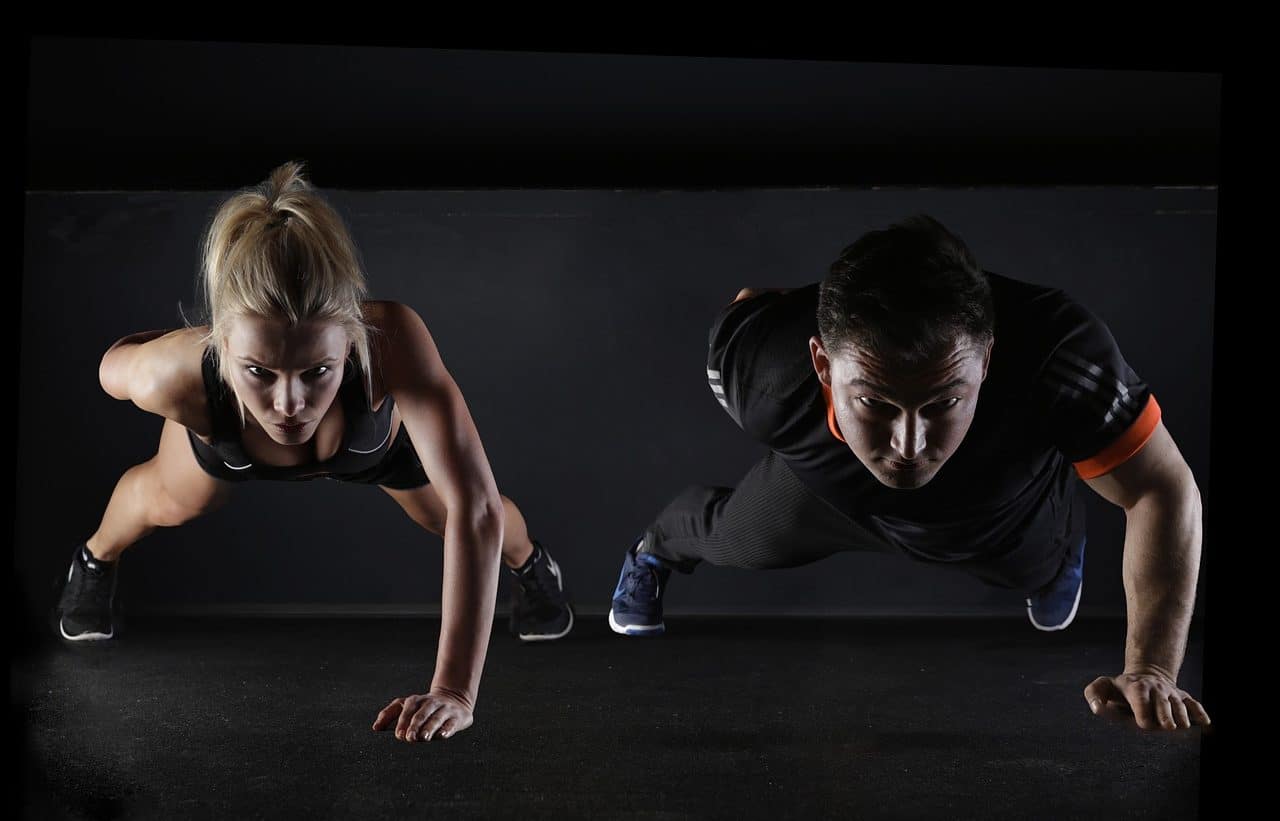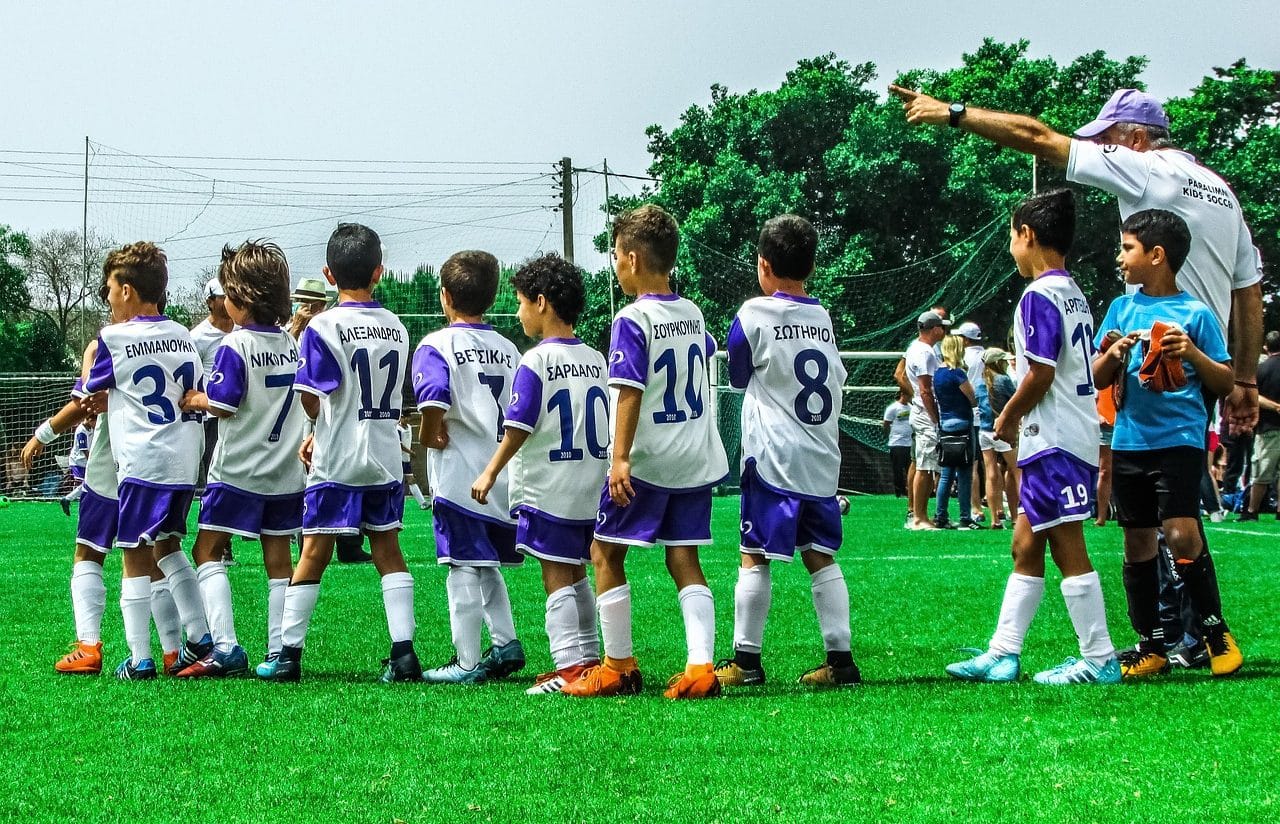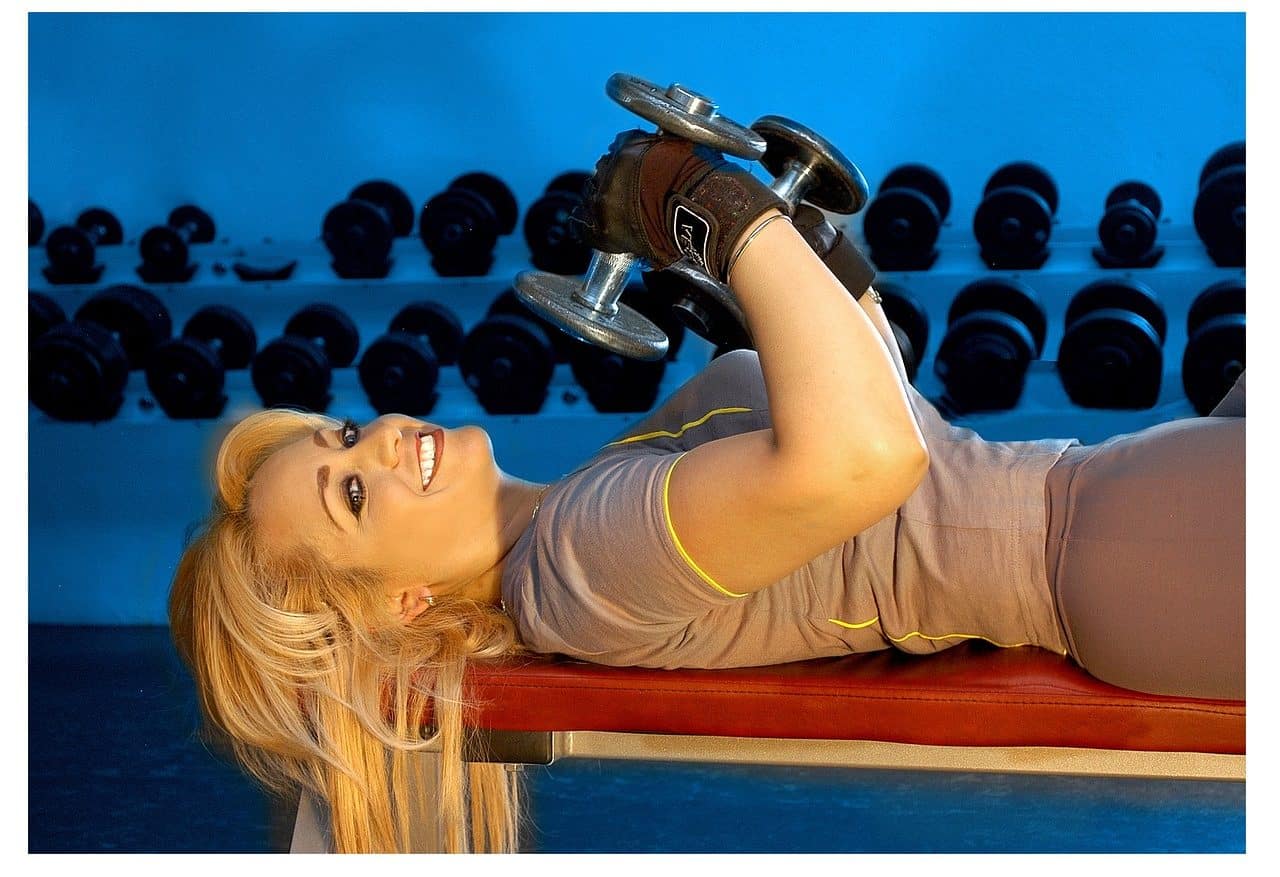
Coaches are professionals who guide and train athletes from different areas.
A coach is a professional who provides direction, guidance and training to athletes, helping them reach their full potential and overcome obstacles in their pursuit of sporting excellence. For this reason, it plays a fundamental role in the development and success of athletes and teams.
This figure not only provides technical and strategic knowledge, but is also key in motivation , building team morale and managing high-stress situations.
History and evolution
The history and evolution of the role of the coach in the sporting world is fascinating, as they have gone from being relatively simple figures to playing an essential role in the success of athletes and teams . The origins of the coach's role date back to ancient civilizations, where physical preparation and sports training were valued for their health and war benefits.
In ancient Greece , physical education was a fundamental part of young people's studies. Gymnastics schools, such as Plato's Academy , emphasized its importance and had instructors who could be considered precursors of modern coaches. During the Roman Empire , physical training was crucial for soldiers, and gladiators were trained by instructors to fight in amphitheatres.
In the Middle Ages , it largely faded away, but resurfaced during the Renaissance with the promotion of physical activity and the importance of athletic training. The 19th century marked the beginning of the professionalization of the coach. In England, his role was necessary to improve the performance of football and cricket players in the former. Thomas Arnold , headmaster of the Rugby school in England, is considered one of the first modern coaches. He emphasized the importance of physical fitness and sports training in education .
During the 20th century , the role of the coach consolidated in a variety of sports. Great coaches such as Vince Lombardi in American football, John Wooden in basketball, and Sir Alex Ferguson in soccer, among others, stood out for their ability to motivate their teams and develop winning strategies. Technology and sports science began to play an important role in the training of athletes, leading to a more scientific approach to sports training.

Technical instruction, planning and team motivation are some of the coach's responsibilities.
Role and responsibilities
Coaches play a multifaceted role ranging from technical and tactical instruction to emotional management and motivation. Below we detail some of your key responsibilities and functions:
- technical instruction : teaching and honing the technical and tactical skills necessary for performance in your specific sport. This involves correcting technique, planning a routine , and supervising regular practice;
- physical development - they design fitness and training programs to improve athletes' endurance, strength, speed and agility, to optimize performance and reduce the risk of injury;
- Strategic planning – They work closely with their teams to develop effective game strategies. This includes tactics , formations and game plans that adapt to opponents and match circumstances;
- motivation and emotional management : keeping team morale high and motivating athletes, even in difficult or challenging moments, such as a championship, a competition where defeat is imminent;
- Evaluation and feedback : They evaluate the performance of athletes, providing constructive feedback to help them improve;
- time management and logistics – They plan and manage practices, game schedules and travel, making sure everything is organized efficiently;
- ethics and behavior – establish standards of ethics and behavior for their teams, promoting fair play and respect for opponents, teammates, and the rules of the sport;
- personal and professional development : teaching life skills such as discipline , responsibility and teamwork.
Skills and abilities
The skills and abilities required of a sports coach are diverse and cover a broad spectrum of essential competencies. One of the pillars is having a deep technical knowledge of the sport in which you work. This includes a detailed understanding of the specific rules, strategies and tactics of the game. Coaches must be experts in the mechanics of training periodization and planning to maximize their athletes' performance .
Effective communication is essential to convey clear instructions and provide feedback to athletes. Coaches must be able to express themselves in a concise and understandable way, adapting to the individual needs of athletes. Empathy and active listening are key qualities to establish solid and positive communication.
A good coach is a leader who inspires and motivates his team. The ability to instill passion, determination and confidence in athletes is essential to achieving success. You must be a role model and guide your athletes towards meeting individual and collective goals.
Sport often involves high-pressure situations, and coaches must be able to make quick and accurate decisions in critical moments. This may include tactical changes during a match, injury management or adapting to unforeseen conditions. The ability to remain calm is essential.
Sports psychology is crucial in the success of athletes, and coaches must understand the psychological aspects of performance. Relevant topics are stress management, anxiety and motivation, as well as building athletes' confidence. It is about identifying and addressing attitudinal problems or mental blocks that may affect performance.

The role of trainers in the gym includes guidance for day-to-day activities at home.
in the gym
In the world of fitness and training , the role of the trainer in a gym is essential in helping clients achieve their fitness goals. Their work is necessary in designing an effective training regimen and supporting their clients in their quest for a healthier life.
Each training session begins with a warm-up that prepares the body for physical activity. This, which can include cardio exercises and stretching, is crucial to preventing injuries and improving performance . Trainers guide their clients through these steps, ensuring they are ready to get the most out of their session.
An important part of training in a gym is the combination of cardio and weight exercises. This cross-training technique works to improve endurance and strength , while burning fat and developing lean muscle mass.
Nutrition plays a critical role on the path to your fitness goal. Trainers advise their clients on how to have a proper diet that complements their training and helps them achieve their goals, instilling a positive mindset. They also provide them with guidance on maintaining an active lifestyle outside of the gym, with recommendations on daily physical activity, rest and recovery.
